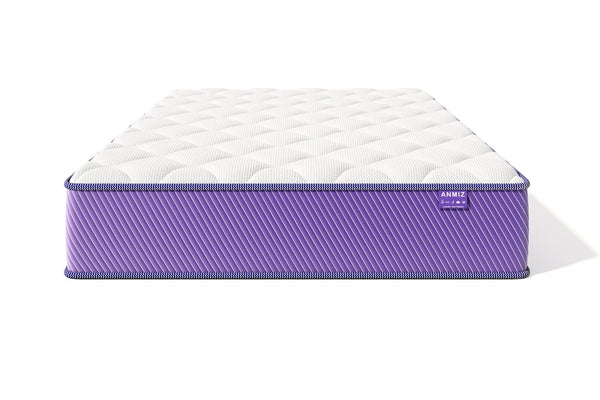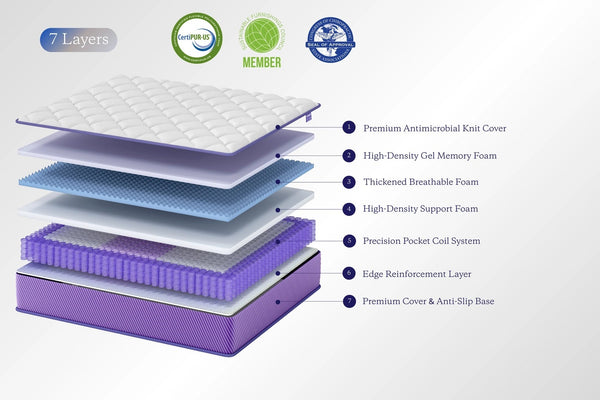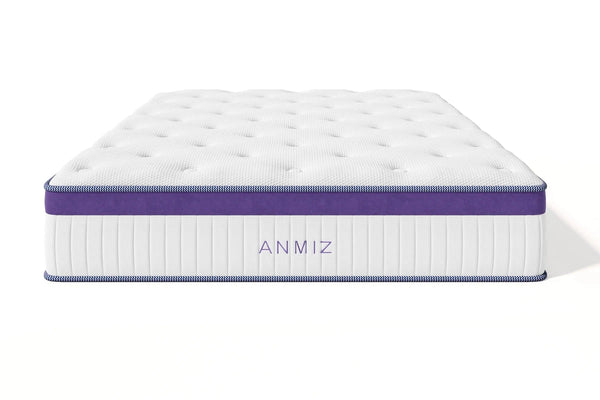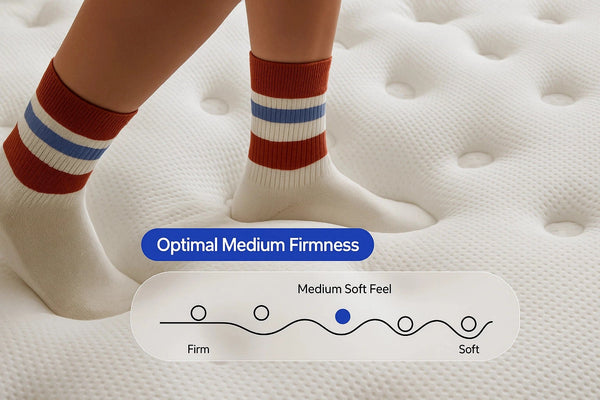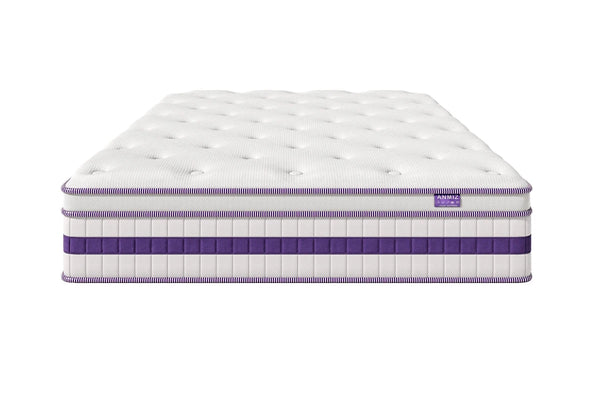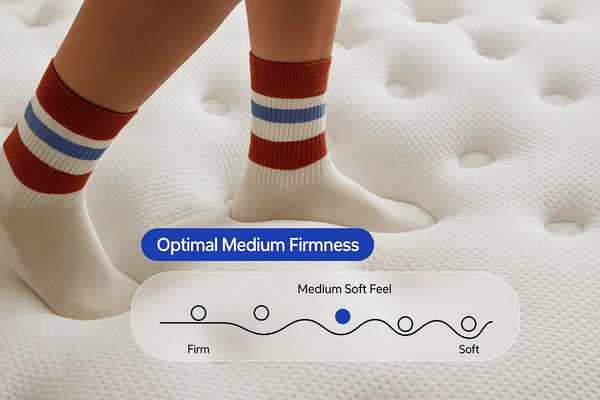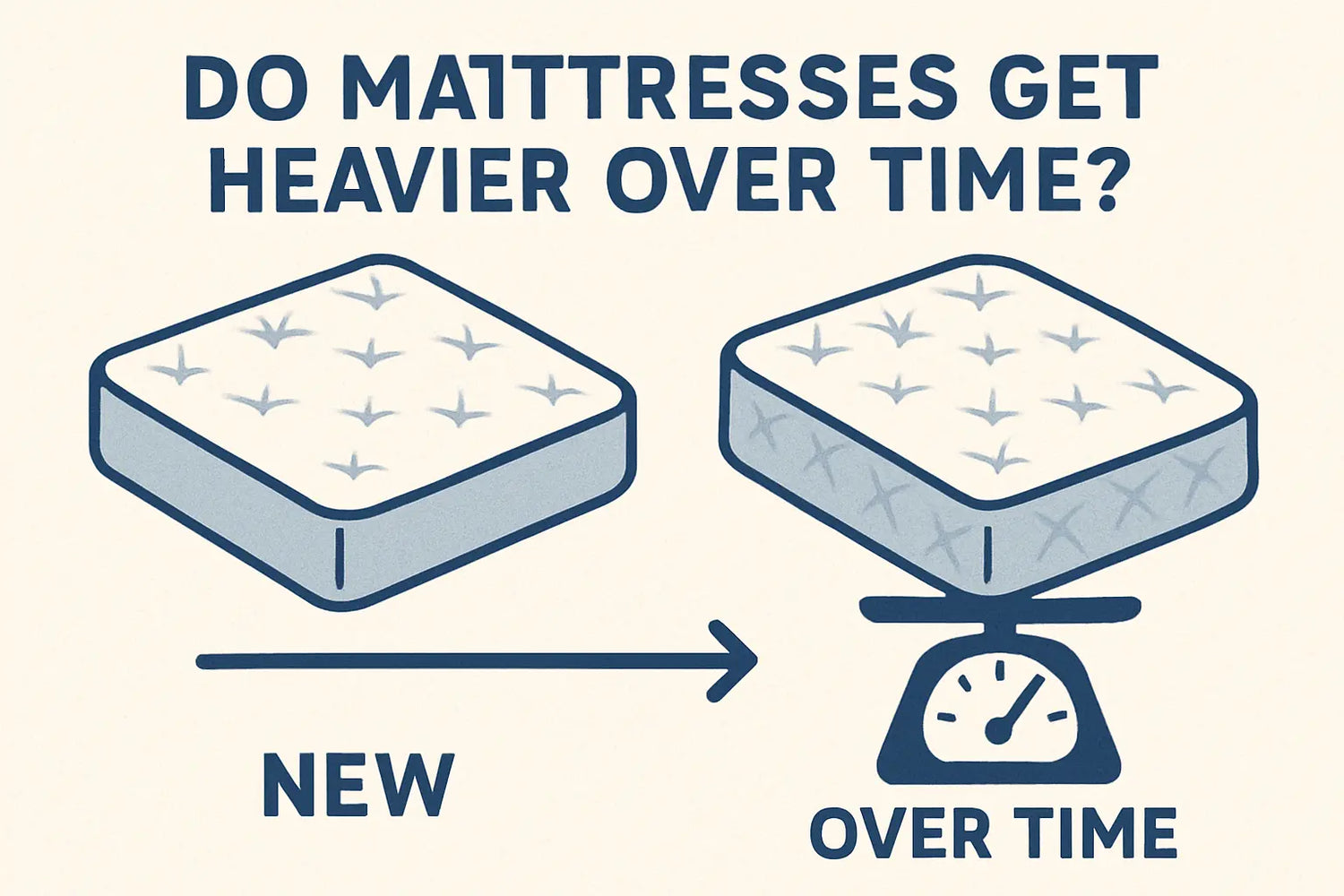
Do Mattresses Get Heavier Over Time?
Over time, mattresses do undergo some changes in weight, but they don’t exactly "get heavier" in the traditional sense. Several factors contribute to changes in a mattress's weight and its overall condition.
1. Accumulation of Dust and Debris
As you sleep, your mattress naturally accumulates dust, skin cells, sweat, and other small debris. These particles may settle into the mattress, especially if it’s not regularly cleaned. While these elements add a negligible amount of weight, they do contribute to the overall feel of the mattress.
2. Compression and Sagging
Over time, foam mattresses, in particular, can compress, especially in areas where weight is most concentrated (like the hips and shoulders). This compression can make the mattress feel denser or firmer in certain areas, which might give the impression of increased weight. Hybrid mattresses that include foam and coils can also experience some shifting in their internal structure, but this doesn't necessarily equate to a substantial weight increase.
3. Moisture Retention
Moisture from sweat, humidity, or cleaning can be absorbed by the mattress materials, particularly in the fabric layers or foam. This moisture can make the mattress temporarily heavier, but it usually dries out and returns to its usual weight unless the mattress is frequently exposed to moisture.
4. Natural Settling of Materials
As mattresses settle over time, particularly memory foam or latex varieties, the materials adjust to your body weight and sleeping patterns. The foam might feel more compact or dense in areas of frequent use. However, this is more about a shift in the structure and not a true increase in weight.
5. Additional Factors: Mattress Care and Maintenance
Some factors, such as using a mattress protector or adding additional layers (like mattress toppers), can contribute to an increase in overall weight. Similarly, products with added antimicrobial treatments or specialized materials may seem heavier.
What Can You Do to Maintain Mattress Weight?
- Regular Cleaning: Vacuuming your mattress helps to remove dust, debris, and dead skin cells, which can accumulate over time.
- Proper Air Circulation: Ensure your mattress is regularly aired out, and avoid placing it in overly humid areas, which can encourage moisture buildup.
- Mattress Protection: Using a mattress protector can shield the mattress from dirt and moisture, preventing any unnecessary accumulation of weight.
Should You Replace Your Old Mattress?
The quality of your mattress will have a significant effect on the quality of your sleep. If your old mattress has deteriorated, it may not be giving your body the support you need for restful nights. This can have serious negative effects on your physical and mental health.
- Visible Signs of Wear
- Discomfort or Pain
- Age of the Mattress
- Poor Sleep Quality
- Allergy Symptoms
- Noise or Movement
Conclusion
While a mattress can feel heavier over time due to accumulated dust, moisture, or compression, it doesn’t typically "gain weight" in a significant way. The most notable changes you might experience are the way the mattress feels and performs, which could change due to settling or compression. To maintain your mattress's longevity and comfort, it's important to care for it properly, keeping it clean, dry, and well-ventilated.







